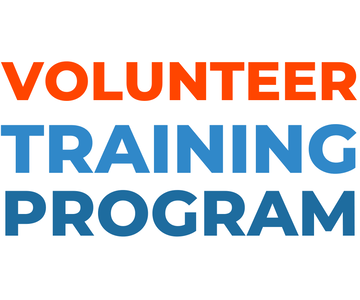
Embracing the 8 Essential Virtual Leadership Skills to Resolve Conflict
Embracing the 8 Essential Virtual Leadership Skills to Resolve Conflict
Emotional Intelligence
Self-awareness and emotional control are two of the hardest skills to master but have the greatest impact. Pausing to reflect on your own strengths and weakness takes courage. Think about a time when a conversation or meeting did not go as planned. Maybe your idea wasn’t received well, or you had to address an issue. Did you handle the situation with grace and understanding, or did you walk away feeling overwhelmed and upset? Reflecting on those situations is key to figuring out what areas need improvement.
The scenario: You are frustrated that your project has fallen behind schedule because you are waiting for your coworkers, John and Jane, to complete the next steps. John works remotely while Jane is in the office with you. Your boss asks for an update during the weekly meeting, and you inform her your team is still in. Immediately you begin to rattle off excuses about how John and Jane have not completed their tasks, which is holding you back. John jumps in to defend himself and says that the instructions were unclear. Jane then snaps that she has not had time to work on the project and refuses to engage. The meeting goes around in circles until your boss says to move this project along. You log off the Zoom meeting with John, and Jane glares at you from across the room.
Now what? As the project leader, you need to give a status update in a week. Now is the time for emotional intelligence and self-reflection. Did you give clear directions when assigning John and Jane their responsibilities? Did you set realistic deadlines and expectations? Did you ask for their input? Did you schedule check-ins? Consider why they are frustrated. Is it that you did not give John clear expectations and Jane was not given a deadline? Now that you are aware of the problem you can get back on track.
Trust
The tricky part? John and Jane no longer trust your ability to lead the project. As an emotionally intelligent leader, you will build their trust by controlling your emotions about the situation and pushing forward. Moving past the frustration will allow you to focus on resolving John and Jane’s mistrust in you.
Clear Communication
Apologize to your team for the lack of communication and set clear expectations and deadlines going forward. Establish check-ins with your team, listen to their input, and follow-through.
Support
How can you support your team through the project? Provide the tools and resources to move the project along or help to make it easier.
Technology
Ensure your team is comfortable with the technology used and communicate using their preferred method; phone, email, Zoom, etc.
Collaboration
What do you do when you see someone struggling? During a check-in, Jane tells you the directions were unclear. Listen to Jane’s input and set new expectations together to complete the project in time.
Empowerment
At the next weekly meeting, your boss congratulates you for moving the project forward. Take this opportunity to showcase John and Jane’s accomplishments. Doing so empowers your team and you have two people who want to work with you again! They may even request it.
Resilience
Do not let one bad meeting control your project or your job. Move forward from your frustrations after self-reflecting and walk into your next project better prepared to lead again.
My challenge to you is to pick one of the essential skills and work to improve it. Take a deeper dive into each of the eight skills with Joanna Pera’s webinar, Embracing the Essential Eight Leadership Skills — Become a Virtual Leader.
Read These Articles Next
March 23, 2021
February 9, 2022
June 28, 2022
© 2026 FINANCIAL EDUCATION & DEVELOPMENT, INC





